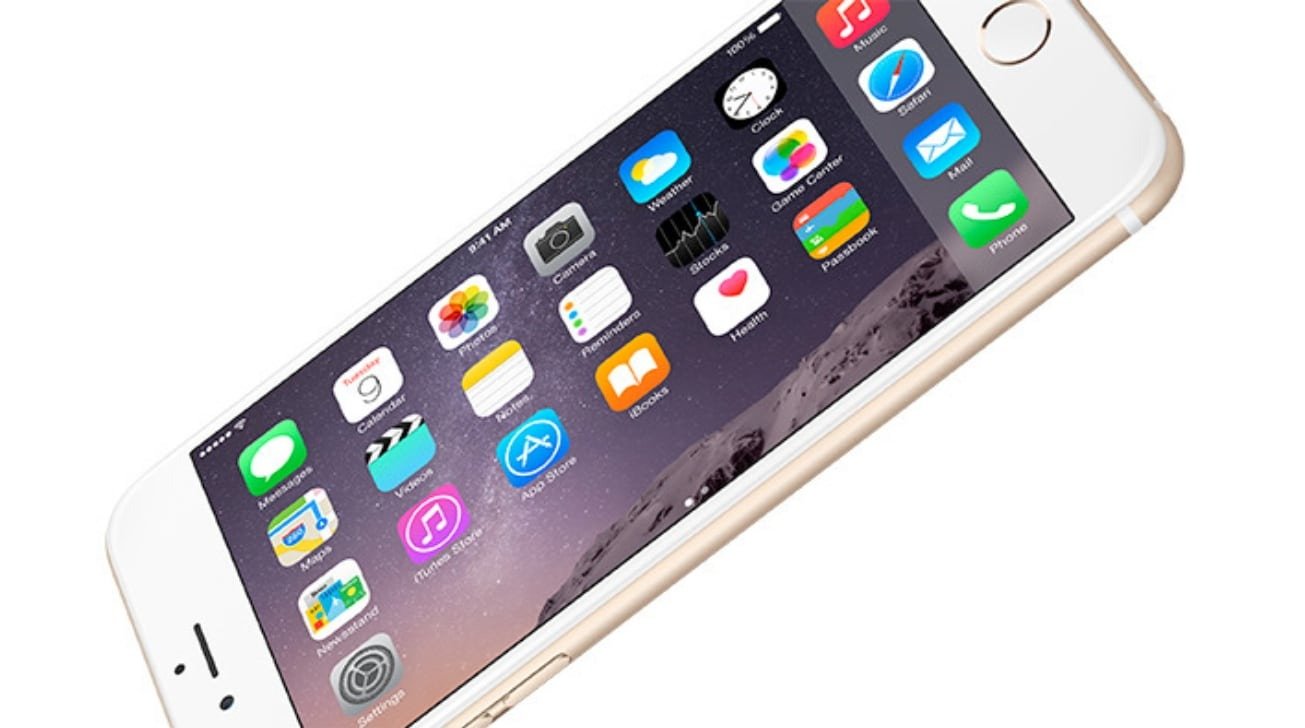Judge clears way for $500M iPhone throttling settlements
Owners of iPhone models who were part of throttling lawsuits that ended up with a $500 million settlement from Apple may soon receive their payments, after a judge denied objections against the offer.

In May 2020, a proposed settlement to end a series of class action lawsuits over the so-called iPhone slowdown controversy was given a preliminary approval by courts. Two years later, and the settlement is getting very close to actually being paid out to affected Apple customers.
The settlement was objected against by two iPhone owners, who took the case to the Ninth U.S. Circuit Court of Appeals over its terms, according to SiliconValley.com. The court denied the appeal, paving the way for the settlement payments to commence.
The settlement pertains to a software feature Apple introduced to iOS that throttled the iPhone processor under instances of heavy loads. The idea of the feature was to reduce the negative effects of iPhone batteries aging, such as random shutdowns, for a range of iPhone models.
The affected iPhones included the iPhone 6 and iPhone 6 Plus to the iPhone 7 and 7 Plus, as well as the iPhone SE running iOS 10.2.1 or later before December 21, 2017, or the iPhone 7 and Plus running iOS 11.2 or later after that date.
Consolidating multiple class action suits into into one settlement, the list of claimants reached around 3 million people who were accepted by a deadline on October 6, 2020.
Under the settlement, Apple will be paying out a total of between $310 and $500 million, with the actual value depending on the number of valid claims after applications complete processing. It is reckoned that the average compensation claim per claimant will be around $65.
Read on AppleInsider

Comments
Users should have been given the ability to opt into this behavior, but Apple, always trying to keep things simple, made the behavior automatic for all users.
Given that some well known provider throttle "unlimited" throughput I can see why Apple might want to avoid "nannyism" backlash. And they got it anyway.
If they had braved that in the beginning it might have cost them a lot less than $500M pocket lint. $500M here, $500M there, pretty soon we're talking real money.
America’s incredibly poor science education system should IMO be footing part of the bill, because it’s embarrassing to meet grown-ass adults that have no idea how a rechargeable battery works. I think Apple has been punished pretty severely for a modest failure in communication that they long ago mitigated, while the Android manufacturers got rewarded (and to the best of my knowledge were never sued) for their planned obsolescence.
So Apple was successfully sued for providing a significantly better way to protect the phone/battery from the known limitations of lithium-ion technology.
At a time when users were beginning to use their phones for longer and longer periods of screen time, millions (my wife included) simply got through the charge cycles of their batteries faster and run into problems early as a result.
My brutally abused fast charging Honor 7 absolutely spanked my wife's iPhone 6 battery (which had to be replaced at full cost). No problems whatsoever.
When the scandal hit and Apple reduced pricing for the battery change, we had to find out how to reclaim the overcharged amount for a refund.
Once we found the correct channel, it was relatively easy but Apple made no effort to contact us and notify us that potentially we were due a refund. The swap was carried out by Apple at an Apple Retail Store and they had all our contact info, serial numbers and AppleID records.